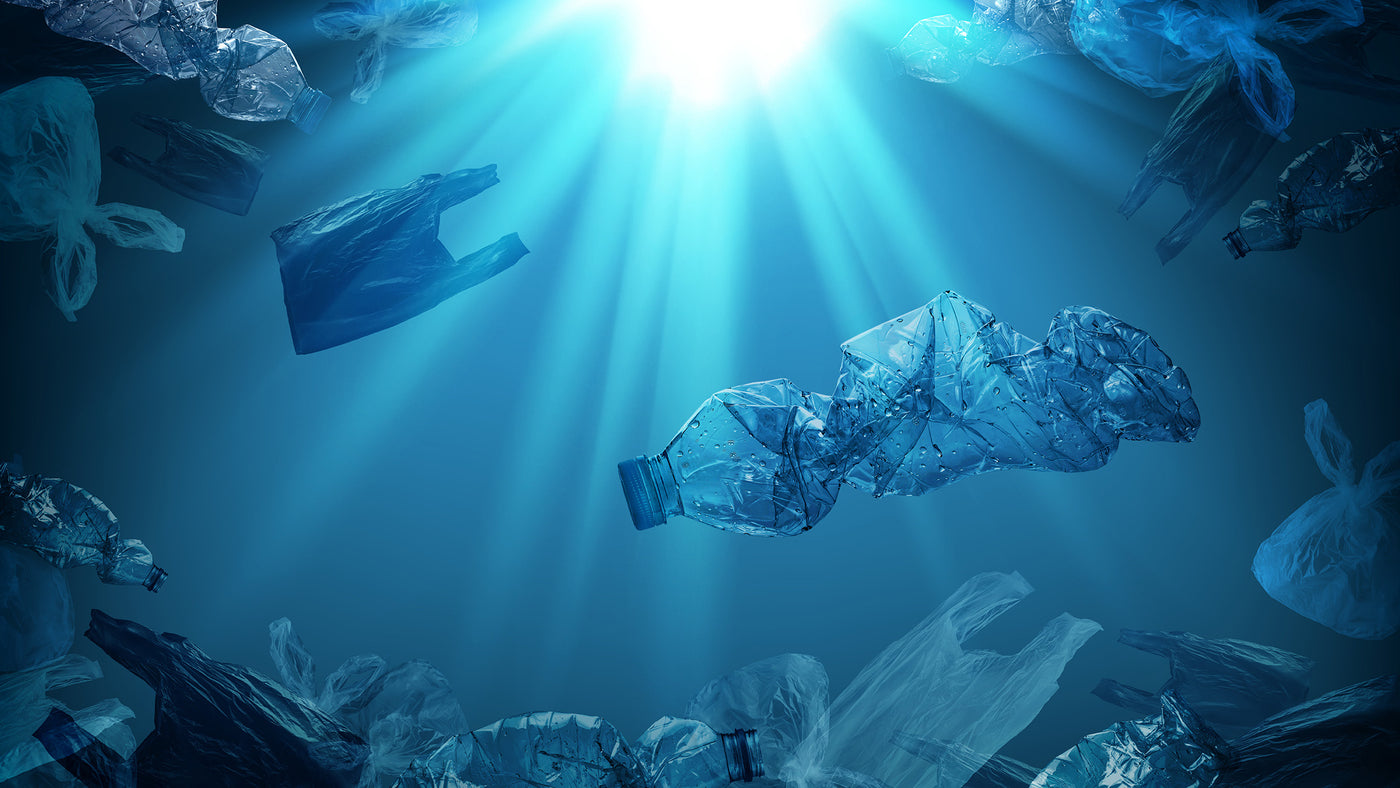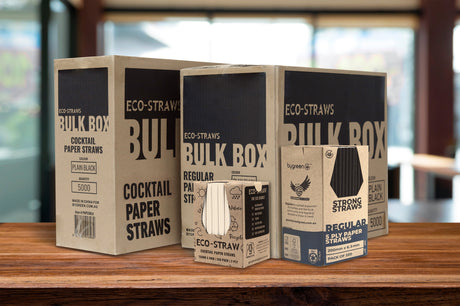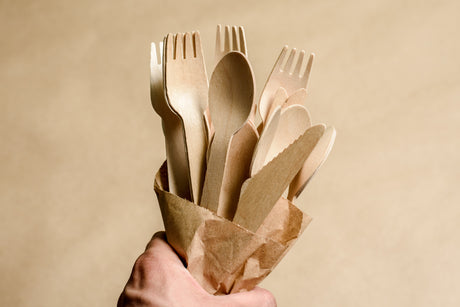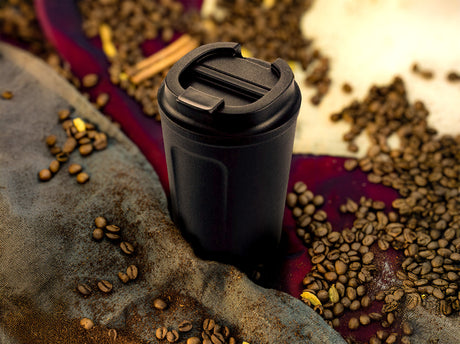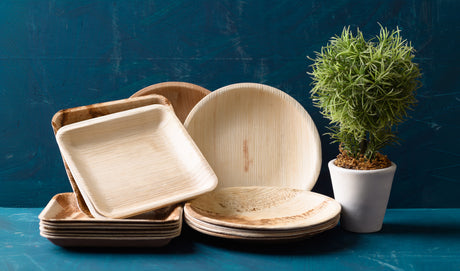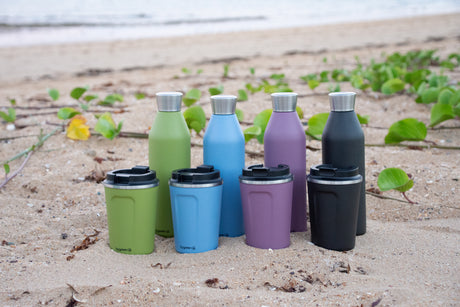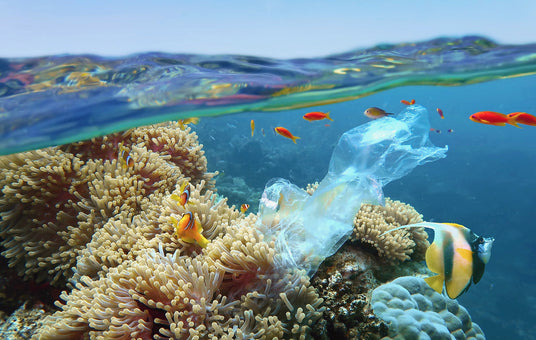
single use plastic
We need to rethink the way we use plastic. Single use plastics are having a huge impact on our planet. Clogging up our waterways, mistaken as food by our wildlife and ending up as micro-plastics in our own drinking water. Microplastics have been found in every corner of the planet from Mount Everest to the Mariana Trench and increasingly in human blood. The prevalence of plastic waste in our world is staggering and it NEVER breaks down. What's more, the first piece of plastic ever created is still on the planet somewhere. It might be really small, but it still exists.
Australia produces around 2.5 million tonnes of plastic waste each year – about 84% of which is sent to landfill. About 130,000 tonnes of this leaks into the marine environment.
Undoubtedly, it’s no surprise that governments all over the world are busy creating legislation to reduce the plastic in our products and ban single-use plastics altogether. Australia is taking action by implementing state-based bans increasing over the coming years - all working towards significantly reducing the problematic plastic use in Australia by 2025.
Key: ![]() = Banned
= Banned ![]() = Proposed
= Proposed
| ACT | NSW | NT | QLD | SA | TAS | VIC | WA | Bygreen Alternatives | |
|---|---|---|---|---|---|---|---|---|---|
| OXO DEGRADABLE PRODUCTS |  |
 |
 |
 |
 |
 |
Eco-Straw Paper straws | ||
| STRAWS |  |
 |
 2025 |
 |
 |
 |
 |
Eco-Straw Paper straws | |
| CUTLERY |  |
 |
 2025 |
 |
 |
 |
 |
One Tree Wooden Cutlery | |
| STIRRERS |  |
 |
 2025 |
 |
 |
 |
 |
One Tree Wooden Stirrers | |
| PLATES & BOWLS |  |
 2025 |
 |
 |
 |
 |
One Tree Palm Leaf Plates & Bowls | ||
| COFFEE CUPS & LIDS |  2024 |
 |
Go Green Reusable Coffee Cups | ||||||
| STATE WEBSITES FOR MORE INFO | ACT | NSW | NT | QLD | SA | TAS | VIC | WA |
-
NOTE: Australia’s National Packaging Targets set a goal to phase out problematic single-use plastics by 2025. At a meeting of federal, state and territory environment ministers on 15 April 2021, Ministers identified eight ‘problematic and unnecessary’ plastic product types for industry to phase out nationally by 2025 (or sooner in some cases) under the National Waste Policy Action Plan, although this is understood to be a voluntary target. These are lightweight plastic bags; plastic products misleadingly termed as ‘degradable’; plastic straws; plastic utensils and stirrers; expanded polystyrene (EPS) consumer food containers (e.g. cups and clamshells); EPS consumer goods packaging (loose fill and moulded); and microbeads in personal health care products. Information gathered from marineconservation.org
BYGREEN ALTERNATIVES TO PLASTIC
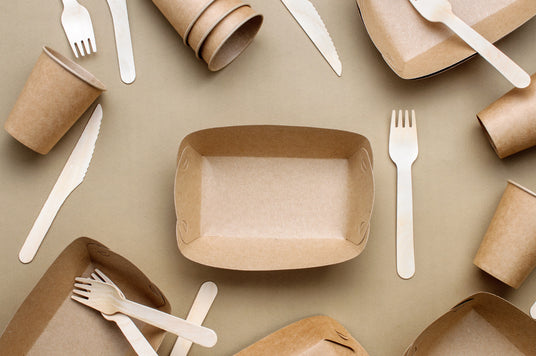
OUR COMMITMENT TO reducing plastic waste
Obviously, it’s time for Australians to rethink our use of plastic. At Bygreen, we’re becoming more responsible in the products we source and sell and we encourage our customers and distributors to do the same – not just to meet legislation requirements, but because it’s the right thing to do.
We don't believe the responsibility for reducing plastic waste lies on the head of the consumer. Because of this, we are working to solve the problem further up the food chain and trying to eliminate plastic from the source. We're committed to supplying products and solutions that are not only plastic free, but home compostable.
-
our solutions
Instead of seeking an alternative that requires Australian specific certification but still isn’t quite right for our environment we have stood by our mission and expanded our range into true eco-friendly options.
As a member of APCO (Australian Packaging Covenant) we are continually looking for new ways to reduce our packaging and find alternative options that are more environmentally friendly.
-
we're here for you
While the legislation for each state flows through, we are phasing out lines that are to be banned or do not meet the new standards required. To ensure you are informed of all of the relevant legislation about the single use plastics bans in each state, we have hired a sustainability officer who is on hand to keep you up to date as the legislations are implemented. If you require any further information surrounding the legislation, feel free to contact us.

